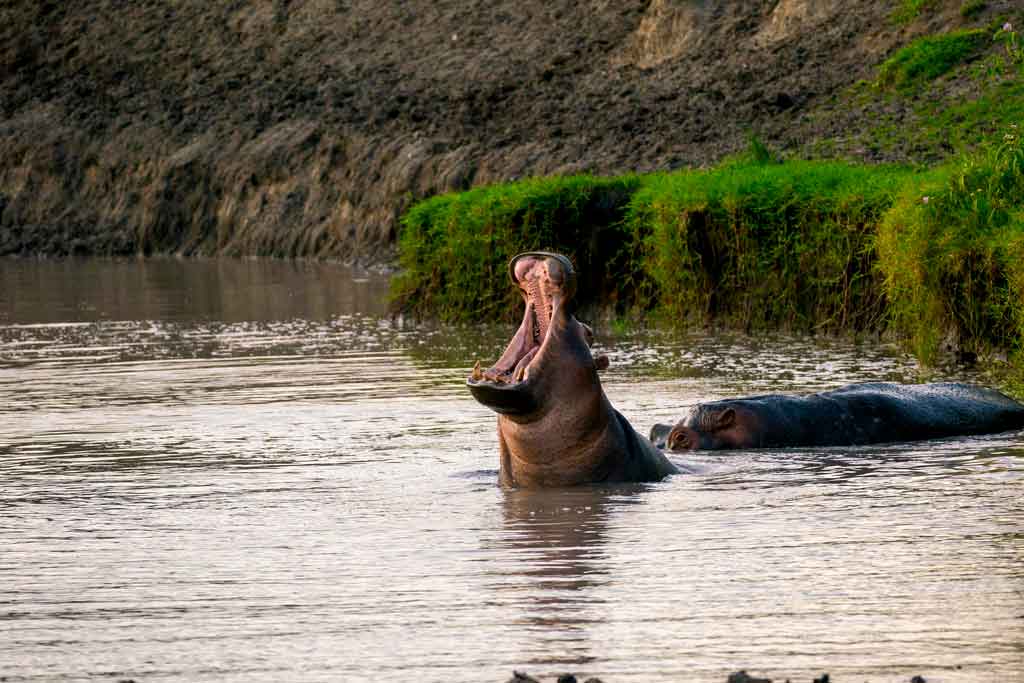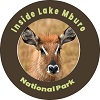Hippo pool in Lake Mburo is a pool found in the National Park in the western region part of Uganda, which is approximately 3 to 4 hours from Kampala, the capital of Uganda. It was called a ‘hippo pool’ because of the hippopotamuses that are mostly found here in this short pool of water, making it the best territory to encounter hippos.
Hippos are the second largest mammals in the world, only eclipsed in size by the elephant and can be seen quietly in Uganda’s national parks that contain water bodies.

The word Hippopotamus is derived from Greek word which means a river horse and they are the third heaviest animals in weight in the world. This is after elephants and rhinos, which are the heaviest animals than hippos.
Special Habitats for Hippos
Hippos are commonly known as semi-aquatic animals meaning that they can both live in water and on land. However, hippos spend most of their time in water, for relaxation, even though they cannot manage to swim. During day hippos spend time in water and only get out to go for sunbathing and for a few hours. Their body produces a natural sunscreen, which is red in colour and is referred to as ‘blood sweat’.
Diet of the Hippo
Hippos can eat up to about 75 kilograms in a day and because they’re herbivores, they mostly feed on grass and are thus categorized as vegetarians. Their weight is about three tons, but they are able to cover up a distance of about 30 to 40 kilometers per hour on the land, which makes it faster than human beings.
Lifespan of Hippos at the Hippo Pool in Lake Mburo
Hippos live for about 40 to 50 years and stop growing physically at the age of 25 years. They mate and even give birth in water because of being semi-aquatic animals.
A male hippo is called a bull, a female hippo a cow and their young ones are called calves, and they live in a group called pods. Hippos are the most dangerous animals to human beings in water among the herbivores, though many herbivorous animals are not harmful as such.
Besides the hippo pool in Lake Mburo National Park, you can plan your extension to track mountain gorillas in Uganda by adding 2 nights safari to Bwindi Impenetrable National Park to come face to face with these special primates. Uganda is such a large country with lots of tourism potential. Similarly, Rwanda has Volcanoes National Park, which is also home to mountain gorillas in Rwanda and golden monkeys.
